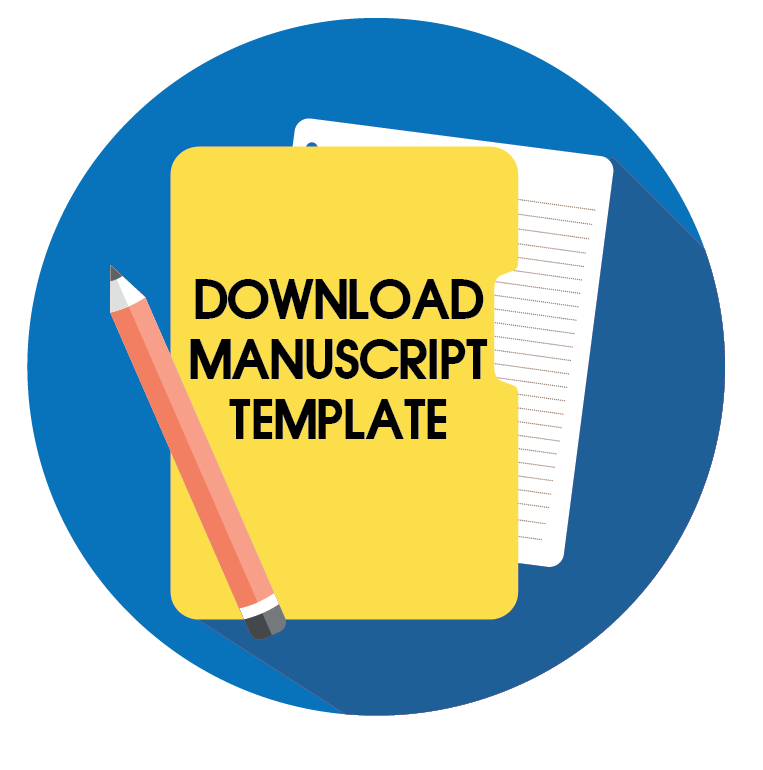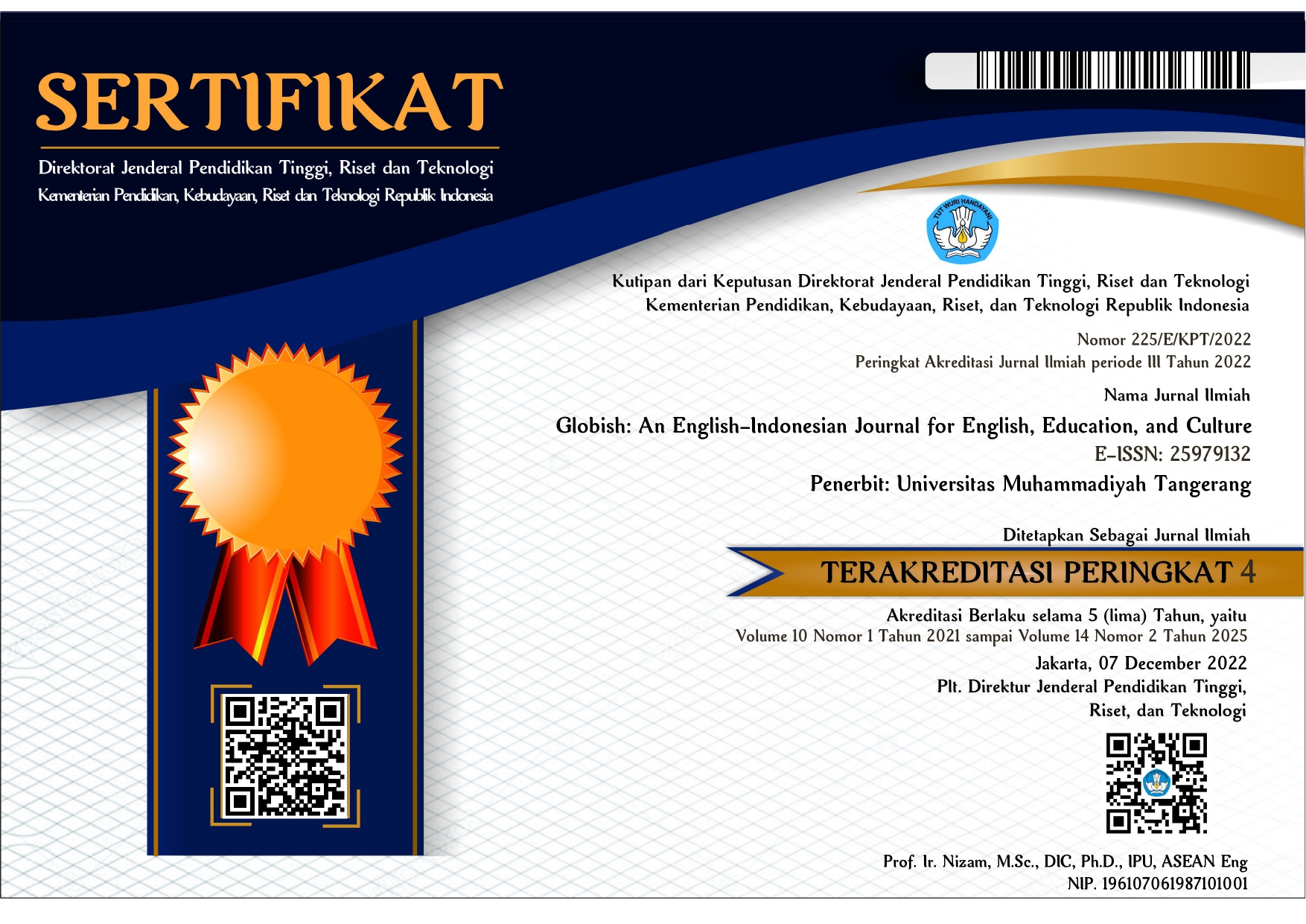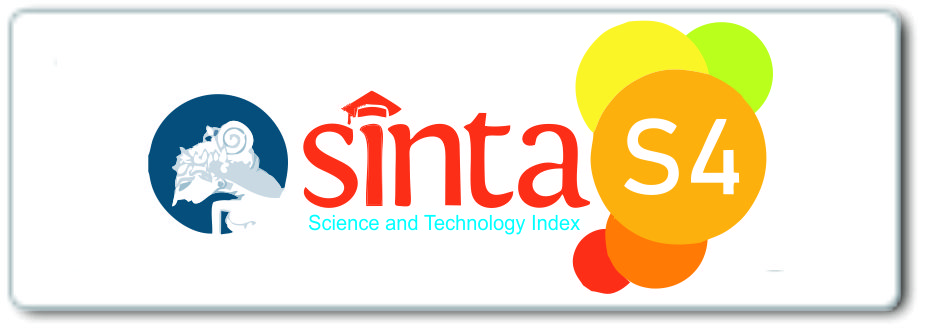THE EFFECT OF WORD BOX GAME ON THE EIGHTH GRADE STUDENTS’ VOCABULARY MASTERY
Abstract
Vocabulary is first thing to do and one micro skill that must be raise to help the students mastering four language skills. If the students have a lack of vocabulary, they will find some difficulties in expressing ideas in oral or written. In addition, if the students have less vocabulary, they also cannot access the information or knowledge. Moreover, without the words the students cannot really understand facts or ideas that the students have met. Therefore, the students should have to obtain vocabulary mastery to communicate effectively or express his ideas in both oral and written form and also used as basic foundation to construct a word into a good sequence of sentence. Due to the statement, this study is aimed to find out the effect of word box game on the eighth grade students’ vocabulary mastery at Mts Mathla’ul Anwar. The research method is using quasi experimental design and analyze the data by using statitistical hypothesis. Based on the data analysis, it was found that the data was normally distributed and homogeneous. Then, the researchers used t-test formula to analyze the hypotheses. From hypothesis test using t-test, obtained tcount was smaller than ttable or 1.54 < 1.67 on pre-test and on post-test that tcount was higher than ttable or 8.92 > 1.67 with the degree of significant α = 0.05 and df = 35 + 35 - 2 = 68. Thus, it can be concluded that there is difference of students’ vocabulary mastery between using word box game and without word box game in experiment and control class.
Keywords
Full Text:
PDFReferences
Brown, H. D. (2004). Language Assessment Principles and Classroom Practices. United States of America: Pearson Education.
Cameron, L. (2001). Teaching Language to Young Learners. United Kingdom: Cambridge University Press.
Fitriatun, A & Sukanti (2016). The Analysis of Validity, Reliability, and Item of Try Out in the National Examination of Accounting at MAN Maguwoharjo. Jurnal Kajian Pendidikan Akuntansi Indonesia, 8, 1-11.
Hadfield, J. (2003). Intermediate Grammar Games. England:Pearson Education Limited.
Hanson, S & Padua, J. F. M. (2011). Teaching Vocabulary Explicity. Hawai’i: Pacific Resources for Education and Learning.
Herrell, A. L & Jordan, M. (2012). 50 Strategies for Teaching English Language Learners. United States of America: Pearson.
Hidayat, N. (2016). Improving Students’ Vocabulary Achievement through Word Game. Journal of Educators Society, 1, 2, 95-104.
Lunes. (2011). Reading Method: Look and Say. Access from http://smile-creativeteacher.blogspot.co.id/2011/03/reading-method-look-and-say.html?m=1.
Munawaroh, N. S. (2016). The Effectiveness of Binggo Game on the Fifth Grader’s Vocabulary Mastery. Journal of Lingua Scientia, 1, 8, 101-108.
Nation, I. S. P. (2001). Learning Vocabulary in Another Language. United Kingdom: Cambridge University Press.
Read, J. (2000). Assessing Vocabulary. United Kingdom: Cambridge University Press.
Rezapanah, F. (2013). Investigating the Effects of Word Games on Iranian EFL Learners’ Application of the Words in Writing Paragraph Essays. Journal of Applied Linguistics & English Literature, 1, 2, 35-43.
Riadi, E. (2015). Metode Stastistika Parametrik & Nonparametrik. Tangerang: Pustaka Mandiri.
Richards, J. C & Renandya, W. A. (2002). Methodology in Language Teaching. United States of America: Cambridge University Press.
Schmitt, N. (2000). Vocabulary in Language Teaching. United States of America: Cambridge University Press.
Stojkovic, M. K & Jerotijevic, D. M. (2011). Reasons for Using or Avoiding Games in an EFL Classroom. 1st International Conference on Foreign Language Teaching and Applied Linguistics. Serbia, 5-7 May.
Sugiyono. (2011). Metode Penelitian Kuantitatif Kualitatif dan R&D. Bandung: Alfabeta.
Takac, V. P. (2008). Vocabulary Learning Strategies and Foreign Language Acquisition. Great Britain: Cromwell Press Ltd.
Thornbury, S. (2002). How to Teach Vocabulary. UK: Pearson Education Limited.
Wright, A., Betteridge, D., & Buckby, M. (2006). Games for Language Learning. United States of America: Cambridge University Press.
DOI: http://dx.doi.org/10.31000/globish.v8i2.1297
Article Metrics
Abstract - 2152 PDF - 563Refbacks
- There are currently no refbacks.
Globish
Program Studi Pendidikan Bahasa Inggris
Fakultas Keguruan dan Ilmu Pendidikan
Universitas Muhammadiyah Tangerang
Jl. Perintis Kemerdekaan I/33, Cikokol
Kota Tangerang, Indonesia
e-mail: globish_journal@umt.ac.id
Globish (p-ISSN: 2301-9913 | e-ISSN: 2301-9913) is licensed under a Creative Commons Attribution-ShareAlike 4.0 International License.









